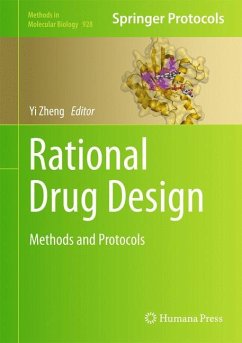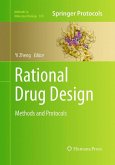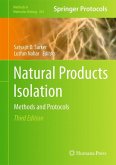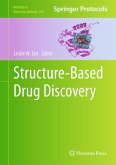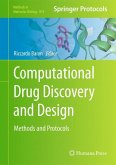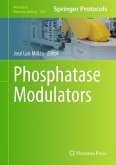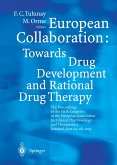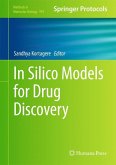Over the past three decades there have been new developments in therapeutic drug design. In Rational Drug Design: Methods and Protocols, expert researchers in the field detail many of the methodologies used to study rational drug design. These include methods such as virtual screening of chemical hits, rational lead discovery by high throughput screening, combinatorial and fragment based lead generation, peptide based drug discovery, and animal models of lead validation. Written in the highly successful Methods in Molecular Biology(TM) series format, chapters include introductions to their respective topics, lists of the necessary materials and reagents, step-by-step, readily reproducible laboratory protocols, and key tips on troubleshooting and avoiding known pitfalls.
Authoritative and practical, Rational Drug Design: Methods and Protocols seeks to aid scientists in the further study of rational drug design and future drug discovery.
Authoritative and practical, Rational Drug Design: Methods and Protocols seeks to aid scientists in the further study of rational drug design and future drug discovery.
From the reviews:
"This book covers some of the tools and techniques involved in rational drug design with a series of case studies designed to act as a compendium of methods and protocols intended for readers to adopt or modify. ... The book would therefore make interesting reading to any student or investigator looking to gain a wider appreciation of strategies and activities across different disciplines or unfamiliar projects in the early drug discovery phase as well as the primary target audience of organic/medicinal chemists and molecular biologists." (Stefan Kavanagh, BTS Newsletter - The British Toxicology Society, Issue 43, Winter, 2013)
"This book covers some of the tools and techniques involved in rational drug design with a series of case studies designed to act as a compendium of methods and protocols intended for readers to adopt or modify. ... The book would therefore make interesting reading to any student or investigator looking to gain a wider appreciation of strategies and activities across different disciplines or unfamiliar projects in the early drug discovery phase as well as the primary target audience of organic/medicinal chemists and molecular biologists." (Stefan Kavanagh, BTS Newsletter - The British Toxicology Society, Issue 43, Winter, 2013)

